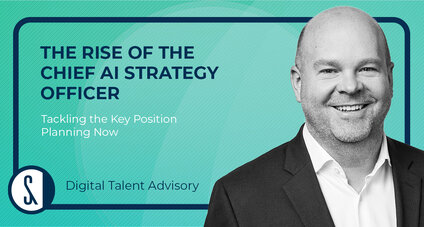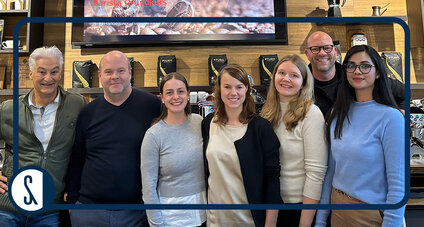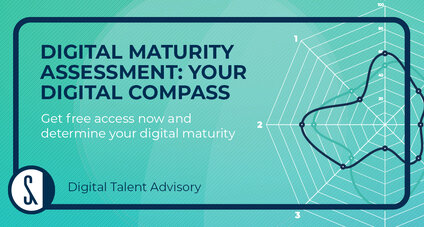
5 tips for a secure digital future
Whether it's speed, service or user-friendliness, your customers' expectations are constantly rising. What was considered a great customer experience yesterday might not evoke the same emotions the next day. The world has become increasingly fast-paced and now “better” is considered the enemy of “good”. The purchasing behavior of consumers are shifting primarily to safety and health, influencing consumer decision-making. Because the world constantly evolves, companies must constantly question and rethink their business and operating models. Consumers are looking for value for money more than ever, despite rising expectations. This is a fundamental change in purchasing priorities that will continue at least in the medium to long run. This must be understood and accepted, because customers are the lifeblood of your company. Nature follows a rhythm - just like your business. Your commercial rhythm is defined by how you act and interact with your customers. It is shaped by the experiences you deliver, which in turn build and sustain lasting relationships and create value for both parties.
With the following 5 tips, you'll be ready for the digital future.
1. Integrity
When you act with integrity over the long term, you build trust. Trust is the result of consistent organizational behavior that demonstrates experiences and credibility. Trust is built, when an organization must publicly respond to and manage a difficult situation. Individual actions of employees add up which increases the trustworthiness of the entire organization. Behavioral economics says we trust people we like. The ability of your employees and your company to build a relationship on a basic human level is therefore crucial to building customer trust.
2. Resolution
This is about turning bad experiences into great ones. In the past, companies have mainly focused on restoring the status quo when dealing with complaints and problems. The focus was on maintaining services and performance. The Corona pandemic has driven rapid innovation and put the focus on solving customer problems beyond the status quo. It makes sense to focus on solutions rather than products and improve customer interactions.
3. Personalization
Improving customer experience inevitably involves individualization, personalization and emotional engagement. Forward-thinking companies have found ways to understand the specific needs and circumstances of the customer and improve buying and consumption experiences based on that. The current situation makes many people feel powerless, unable to plan, and in an infinite present. Exceptional consumption experiences give people back control over their lives by enabling individual choices, giving them power, and making people feel valued and important.
4. Expectation
Customer satisfaction is defined by the difference between customer expectation and actual experienced need fulfillment. It is no longer enough to superficially understand and manage customer expectations. In the future, it will be more important than ever to holistically understand and exceed these expectations. This is a key capability of all future-ready, digital organizations. Customer needs are the guiding star in developing new solutions and experiences. This involves constantly engaging in dialog and close exchange with customers to deeply understand what problems they have and what solutions they want.
5. Time and effort
The great entrepreneurial art lies in meeting and exceeding customer expectations in a way that minimizes customer effort through smooth processes. View your customer's time as a valuable resource. Eliminate unnecessary obstacles, barriers and red tape so that the customer can achieve their goals quickly and easily, because the need for convenience and simplicity will continue to grow in the future. Do you know your commercial rhythm? It is defined by how you act and interact with your customers.
Conclusion:
These investments in customer relationships are a must for forward-thinking companies and will be rewarded by customer loyalty. Companies that maintain their ethics, especially during difficult times, grow and prosper and secure their position in the market versus the competition.











